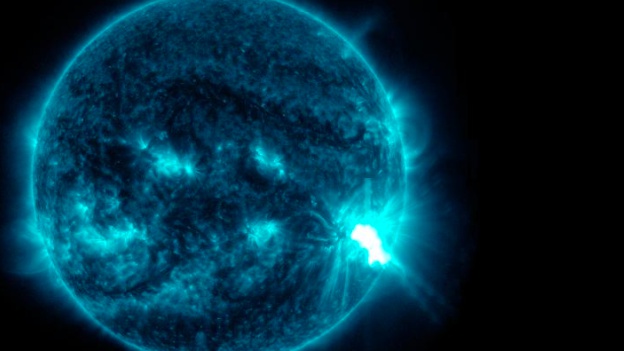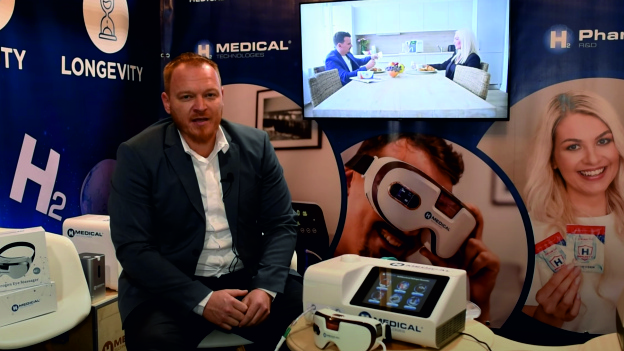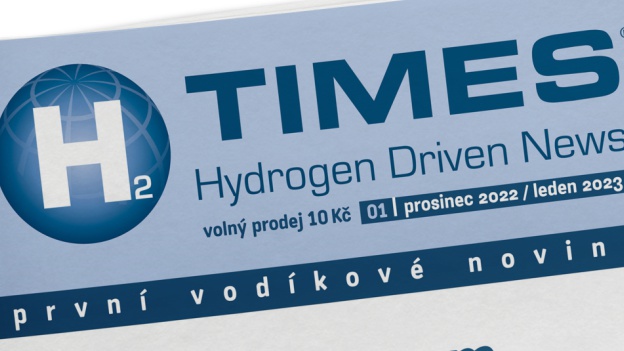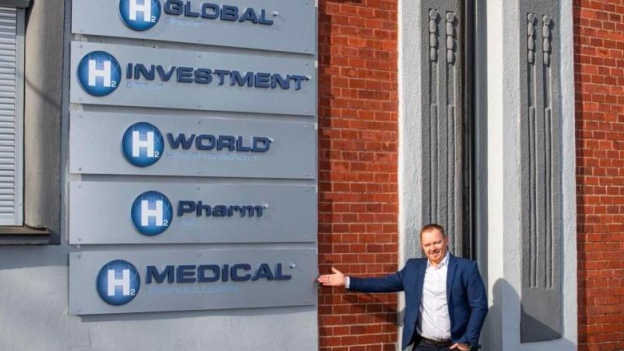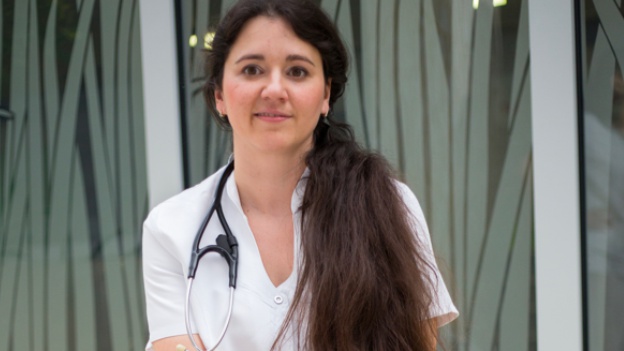Expert research suggests that molecular hydrogen therapy can help fight the top ten deadly diseases listed by the US Center for Disease Control.
Molecular hydrogen therapy is a new but little-known approach to treating human disease. This is reported by, among others, the Molecular Hydrogen Institute (MHI), a science-based non-profit entity that publishes information on all aspects of hydrogen therapy.
Expert research cited by MHI suggests that molecular hydrogen therapy can help fight the 10 most common deadly diseases listed by the U.S. Center for Disease Control and that it has therapeutic potential in more than 170 models of human/animal disease in all organs in the body and without chronic toxic side effects. Hydrogen therapy is certified safe by the U.S. Food and Drug Administration.
Diseases that have been reported to benefit from molecular hydrogen therapy include metabolic syndrome, diabetes, high cholesterol, Parkinson's disease, rheumatoid arthritis, hepatitis B, wound healing, recovery from radiation therapy, cognitive impairment, athletic performance, and more.
Hydrogen and helium were the first two elements formed in the big bang approximately 14 billion years ago. Hydrogen is uniquely important to humans. Our sun is essentially a giant ball of hydrogen that undergoes fusion to form helium and radiates energy, which is the only external energy source for Earth, without which life would not be possible.
The advantage of hydrogen molecules - they are the smallest
Because hydrogen molecules are the smallest and non-polar in nature, they quickly penetrate the body's cells and move easily across membranes into subcellular spaces where they exert their effects.
How does molecular hydrogen benefit? Of the many effects mentioned, its role as a selective antioxidant - alleviating so-called oxidative stress - has received the most attention.
What do we mean by this? When a molecule breaks down in such a way that the resulting fragments have unpaired electrons in their outer pathways, these fragments are called free radicals. Free radicals are extremely reactive. They can react indiscriminately with other vital molecules (proteins, lipids, nucleic acids) and disrupt cell structure and function.
The energy necessary for the functioning of our cells is produced by the breakdown of food (mainly sugars) in the presence of oxygen. This process inevitably generates free radicals, called reactive oxygen species (ROS) and reactive nitrogen species (RNS). However, the cell has mechanisms to control these normally generated ROS/RNS - in fact, these free radicals are essential for proper cell regulation. However, when ROS/RNS are produced in excessive amounts, e.g. as a result of smoking, ingestion of pollutants, excessive alcohol, etc., they are dangerous to the cell and cause oxidative stress that can initiate diseases such as cancer.
Yet research to date suggests that molecular hydrogen therapy can neutralize dangerous R0S/RNS while leaving beneficial ROS/RNS alone.
If you, too, want to experience the groundbreaking effects of molecular hydrogen on your body, choose one of the products exclusively available at H2world.store. There you will also find H2 PREMIUM Hydrogen Water - the first Czech bottled hydrogen water with an exceptionally high dose of molecular hydrogen.
Source - irishtimes.com


















